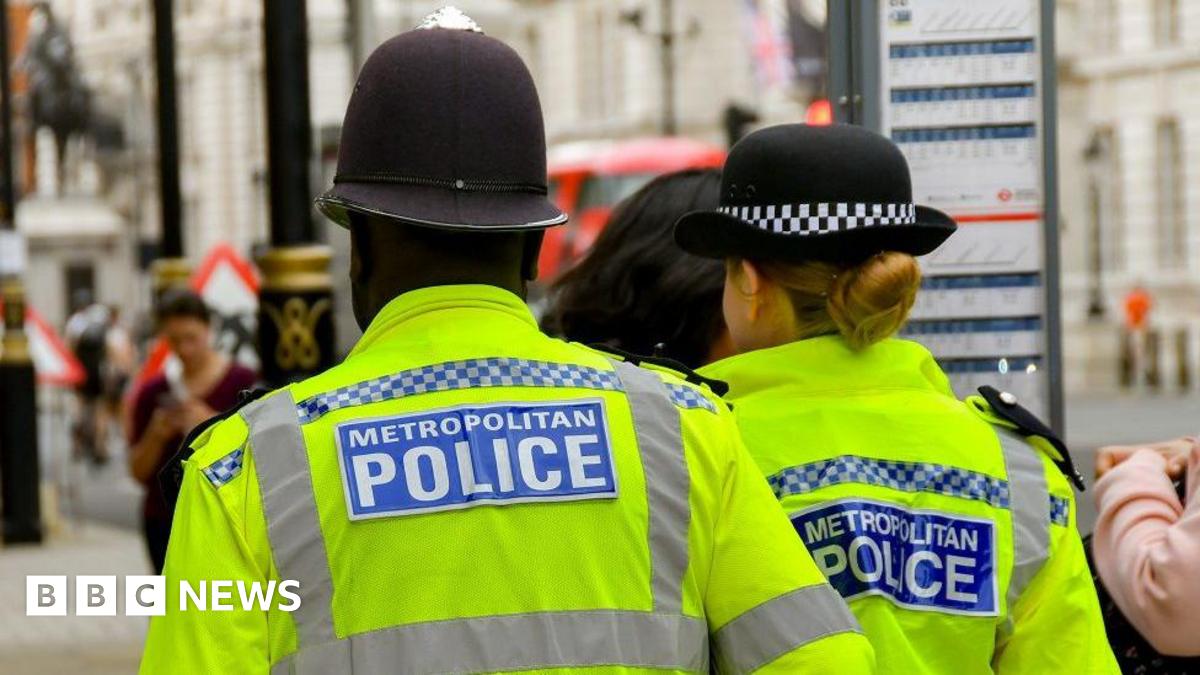The remarks form part of wider discussions about the policing of comments made on social media, sparked by certain high-profile incidents.
On Wednesday Sir Mark echoed calls he made last week for the government to “change or clarify” the law after the arrest of Father Ted co-creator Graham Linehan in relation to posts on X.
Sir Mark has defended the officers involved, although said “perhaps some things could have been done differently”.
Linehan was arrested on suspicion of an alleged criminal offence of inciting violence in relation to posts on X – police were not seeking to record a non-crime hate incident.
Asked by media about this arrest, Sir Andy said: “Was it a great public optic? No, it wasn’t. Is there individual criticism from me in relation to the officers who were there? No, there isn’t.
“Lessons I’m sure will be learned in relation to it, but it does make policing’s job harder when these things occur, because this becomes the focus of attention.”
Sir Andy also spoke specifically about non-crime hate incidents, explaining he believed they are “no longer required”.
Non-crime hate incidents are alleged acts perceived to be motivated by hostility or prejudice towards people with certain characteristics, such as race or gender.
They are recorded to collect data on “hate incidents that could escalate into more serious harm” but do not amount to a criminal offence, according to Home Office guidance, external.
Police guidance on the recording of NCHIs was first published in 2005, following recommendations by an inquiry into the murder of Stephen Lawrence.
Speaking to journalists ahead of the publication on Wednesday of the annual State of Policing in England and Wales assessment, Sir Andy said: “I’m a firm believer […] that intelligence can be gathered in a different way, which would cause less concern to the public and would make recording of such issues much easier for policing.”
He added: “We need, at times, to allow people to speak openly without the fear that their opinion will put them on the wrong side of the law.”
He underlined that the role of the police is to deal with criminality “across the board” which at times means dealing with issues that occur online.
“It can be a fine line, and that’s one of the reasons why we need to look again at the policy and the legislation that sits around this because it places the police in an invidious position and, as we know, discretion and common sense don’t always win out in these issues.”
In April, the Conservatives called for the recording of such incidents to be scrapped in all but a few cases. At the time, the government’s then-Policing Minister Diana Johnson said the plan was “unworkable” and “would prevent the police monitoring serious antisemitism and other racist incidents”.
The College of Policing, which sets standards and guidelines for policing, has been conducting a review to establish whether the current approach to non-crime hate incidents is “fit for purpose”.

